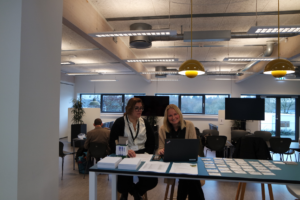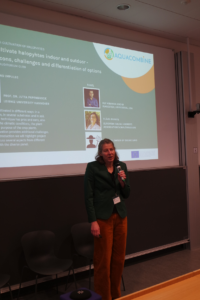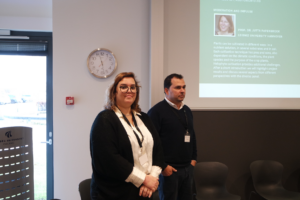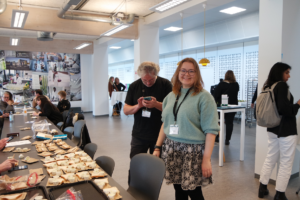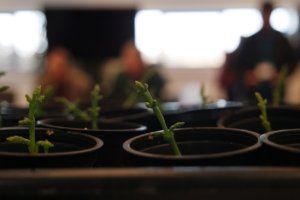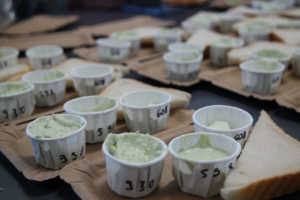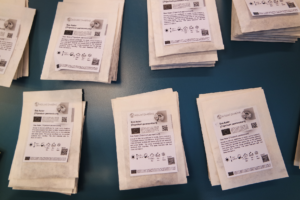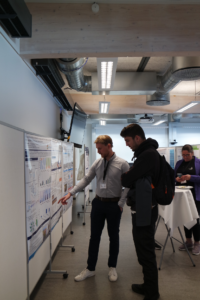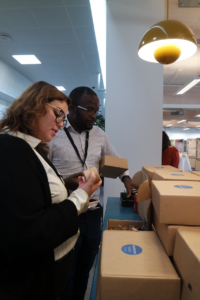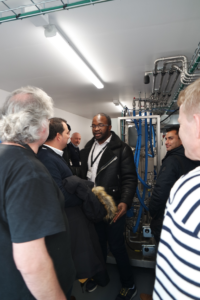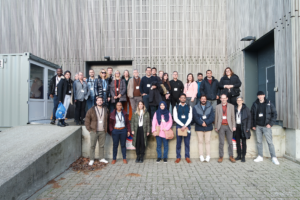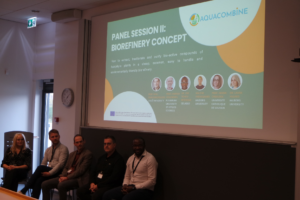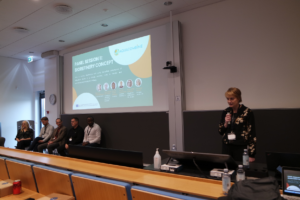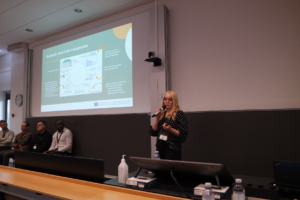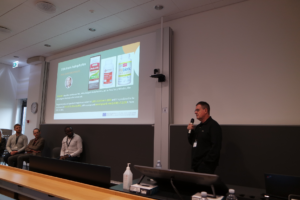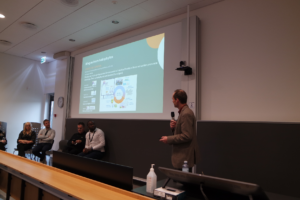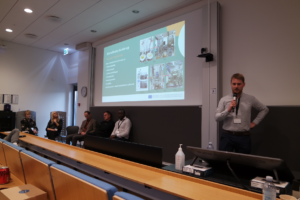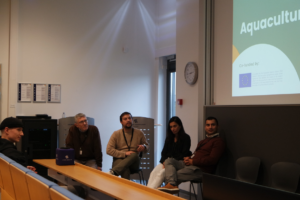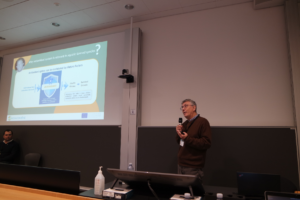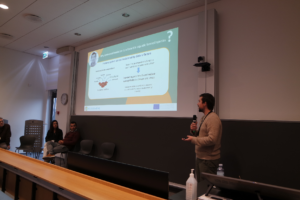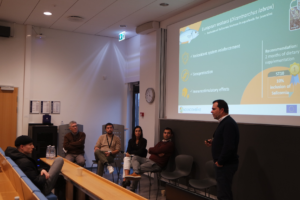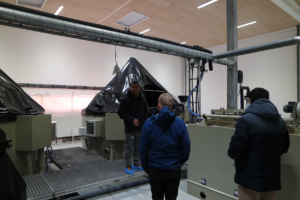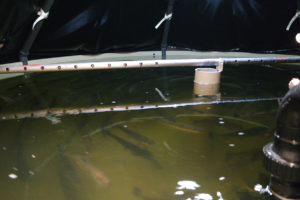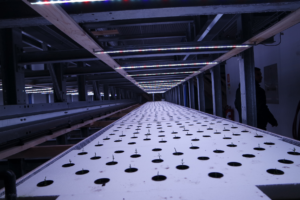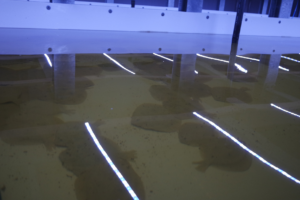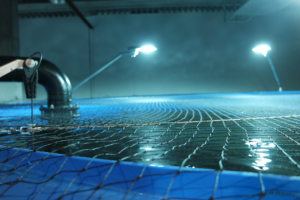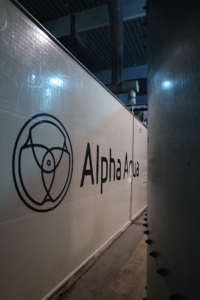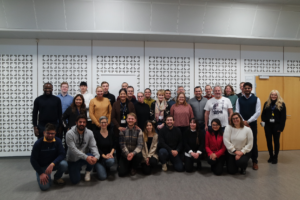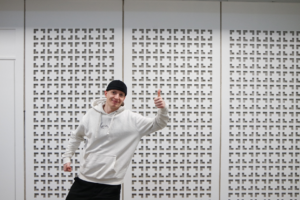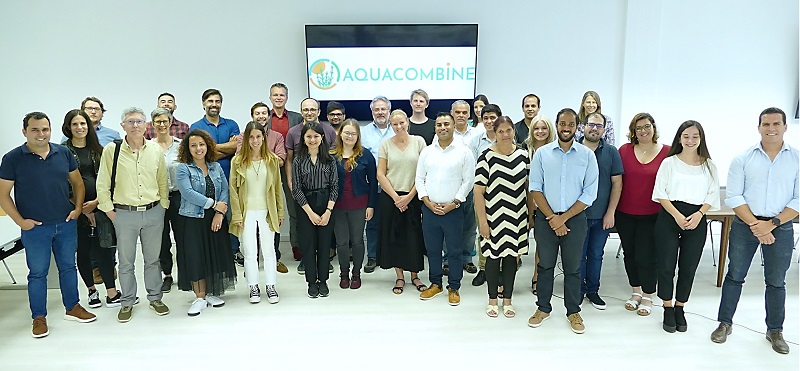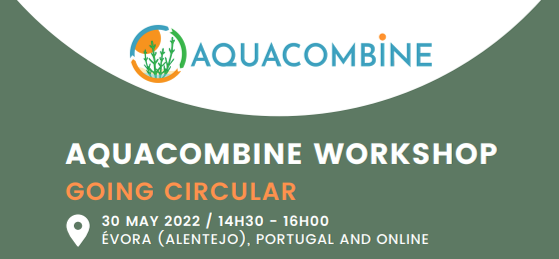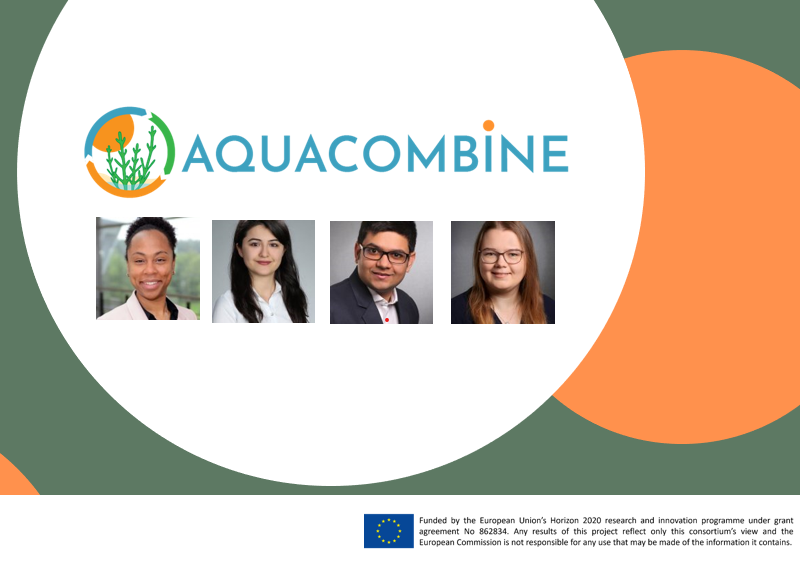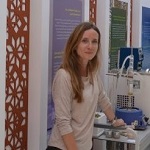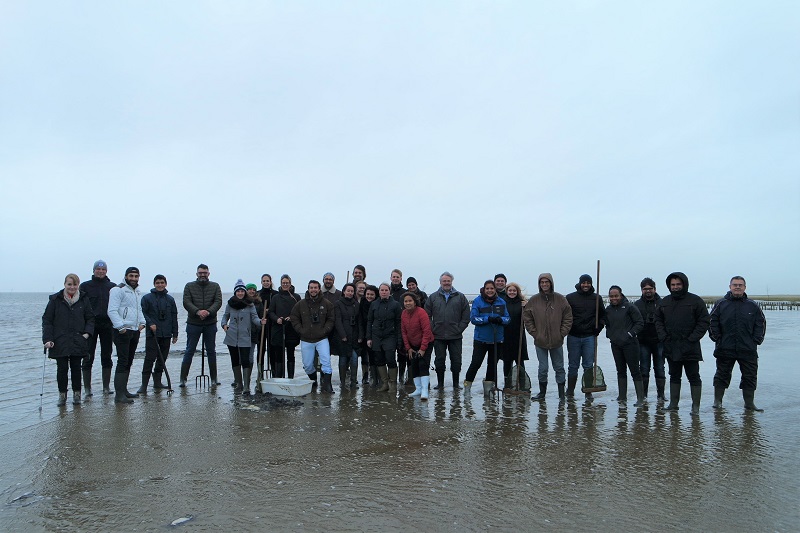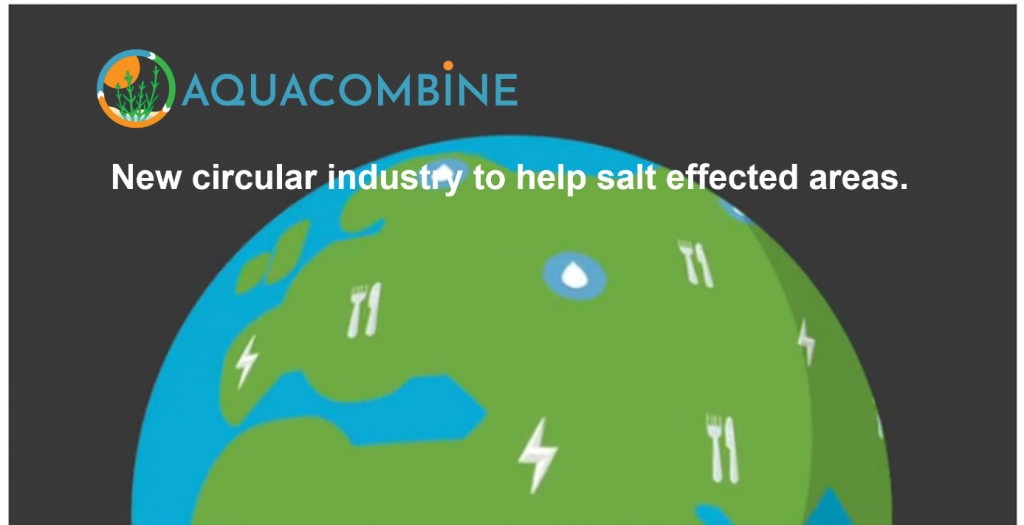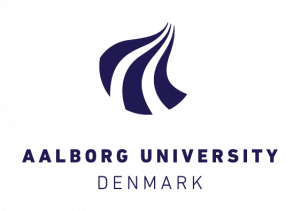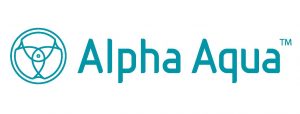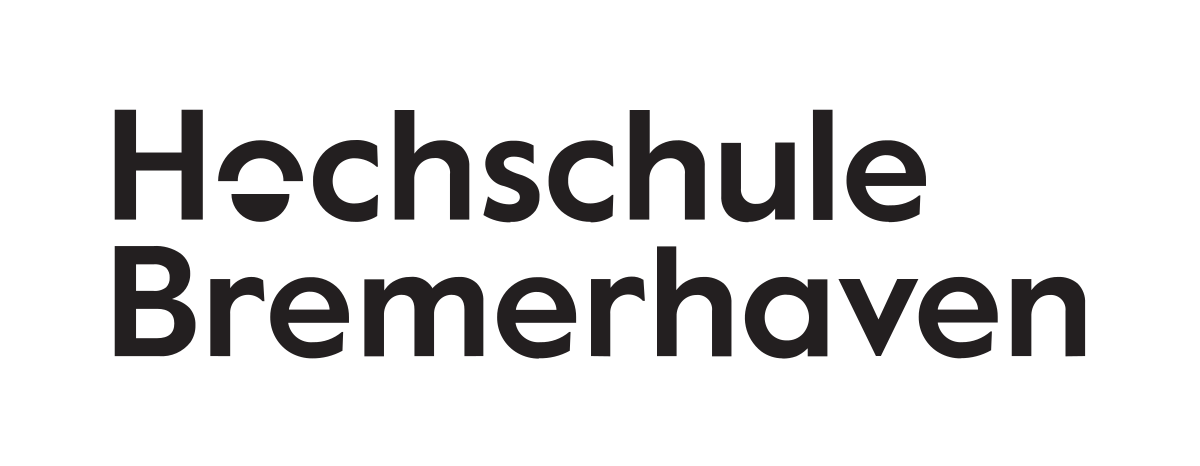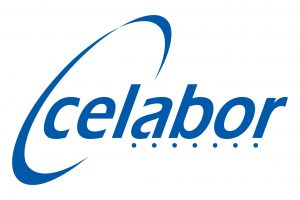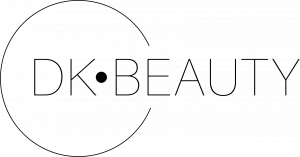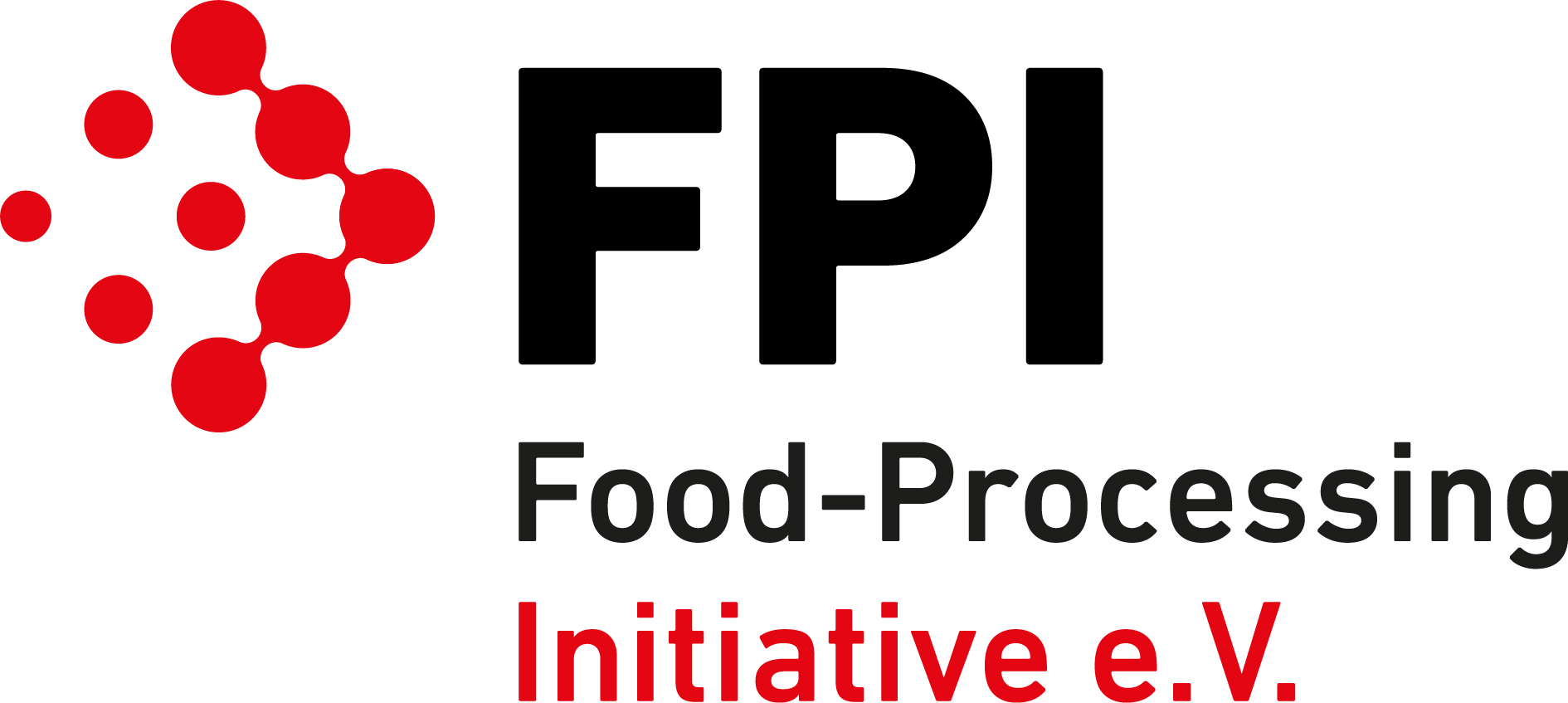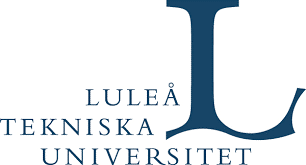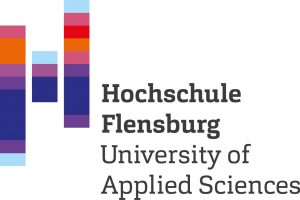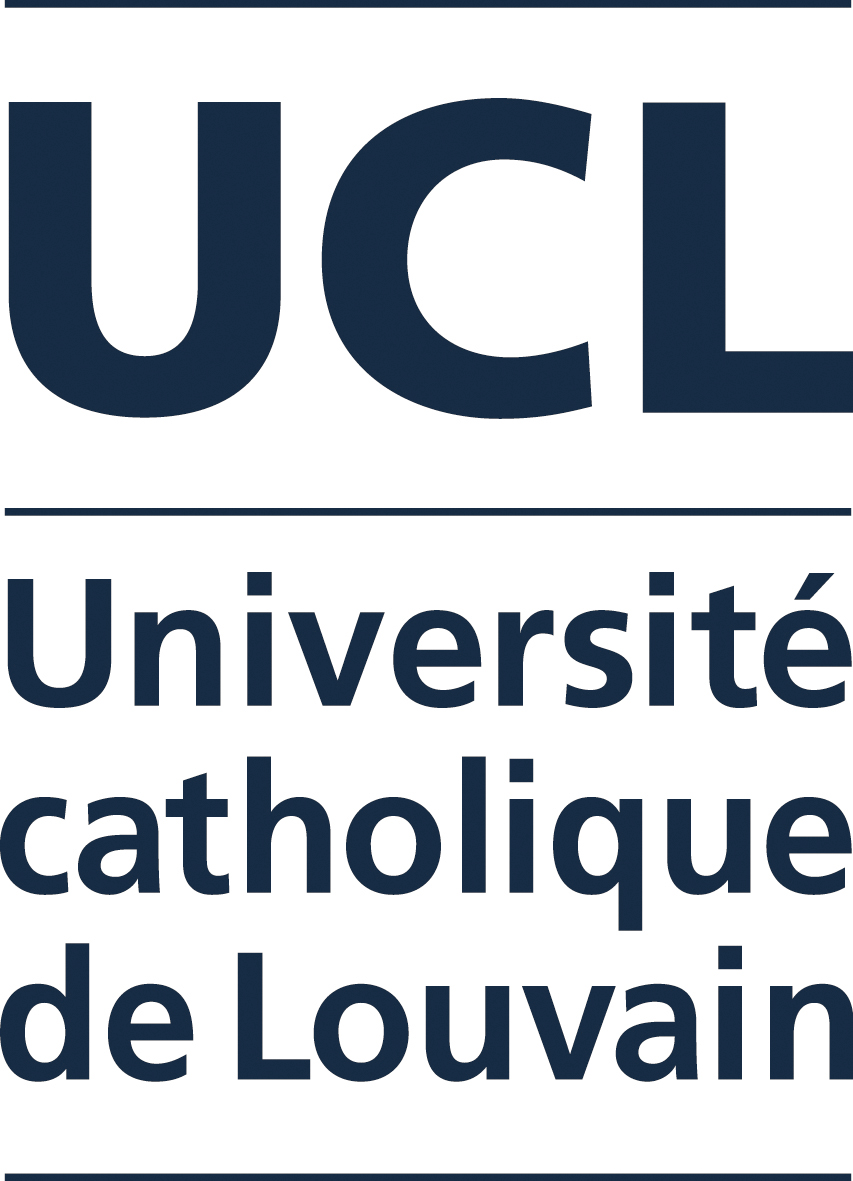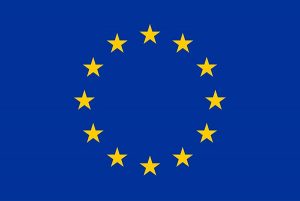Project news
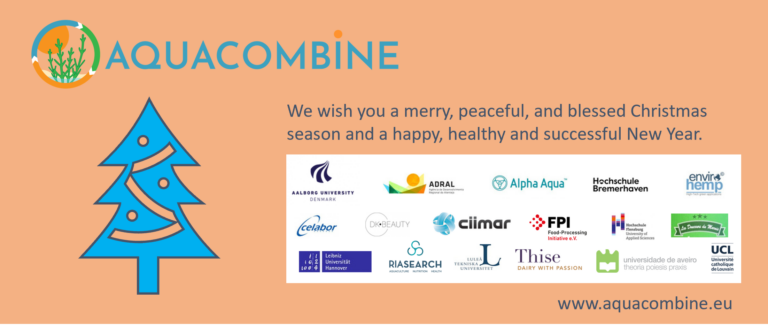
Esbjerg, November 2023
AQUACOMBINE finale conference
How to deal with one of the important challenges of the 21st century to meet the world’s demand for sustainably produced biomass for both food and the growing bio-products sector? The AQUACOMBINE project aimed to find answers to this question. Now it is time to share the promising results.
In November, at our final conference in Esbjerg, the consortium was pleased to present the results to a broad audience. It was also possible to visit the demonstrator of biomass processing at Aalborg University and the demonstrator of combined aquaculture and Salicornia cultivation at Alpha Aqua. The final conference offered also the opportunity to discuss with the speakers or to visit the poster session.
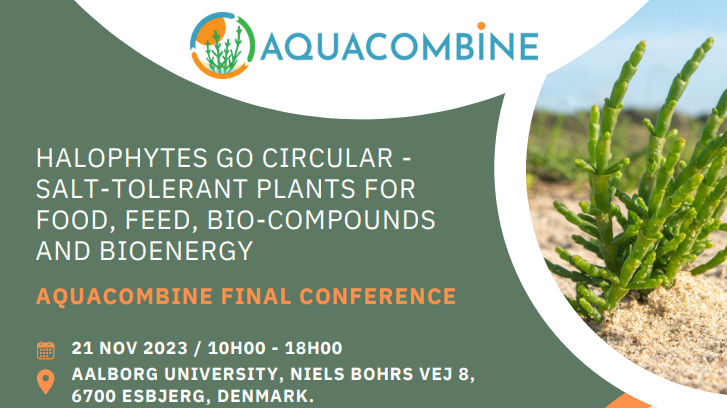
AQUACOMBINE: Registration for final conference started.
We are pleased to announce that the programme for our final conference is ready and the registration started.
On 21 November 10H00 – 18H00 at Aalborg University, Esbjerg our final conference will give an inside in the projects result. We invite you to follow our panel sessions, to visit the demonstrator of biomass processing at Aalborg University and the demonstrator of combined aquaculture and Salicornia cultivation at ALPHA AQUA. AQUACOMBINE final conference offers you also the opportunity to discuss with the speakers or to visit our poster session.
Get the full AQUACOMBINE experience, on 21 November.
Online participation in the panel sessions is possible.
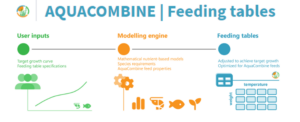
AQUACOMBINE feeding tables for the Salicornia based shrimp and seabass aquafeeds
With this freely available web-app, users can input their growth curves and obtain feeding rate recommendations corresponding to the energy and protein requirements for European seabass and whiteleg shrimp.
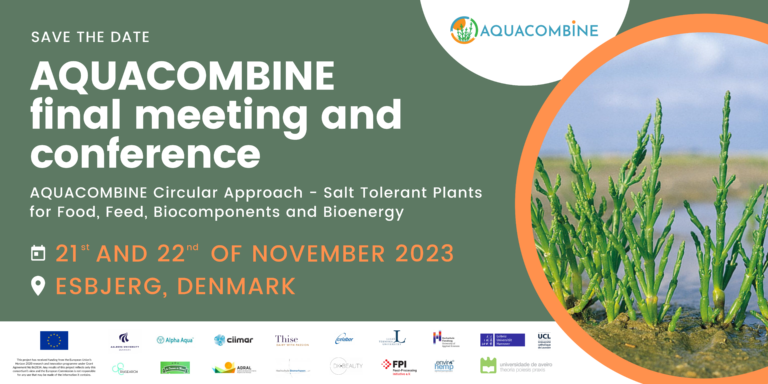
AQUACOMBINE is pleased to announce that the project is coming to an end, and we have promising results to share with you. All interested parties should note the date of the final meeting and conference. So, get out your calendar and mark the 21st and 22nd of November 2023 in red. We promise to deliver an exciting programme.
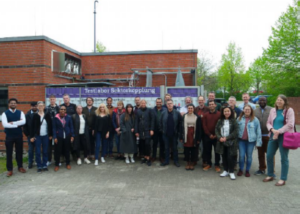
AQUACOMBINE meets University of Applied Sciences in Flensburg
The latest consortium meeting took place at Faculty of Mechanical and Process Engineering and Maritime Technologies, University of Applied Sciences Flensburg. Read more about the meeting and what is going on in the project right now in our POST#7.
Project consortium meeting in Évora
What could be better than one smiling face? Thirty-one smiling faces! Talking about extraction methods, polyphenols and enzyme stabilization could be boring. For the AQUACOMBINE consortium, that met in Évora over the last two days in May, it’s a reason to smile. Especially when a project shows such promising results as AQUACOMBINE.
Going Circular – Stakeholder meeting in Évora
The stakeholder community aims to establish long term bilateral exchange due to selected AQUACOMBINE topics like Agriculture, Aquaculture, Cosmetic, Food, Feed and Renewable energy to share and generate knowledge and information. Next meeting will take place on the 30th of May in Évora, Portugal on a regional scope. We have prepared the possibility to participate via a live stream.
Stakeholder community!
Next meeting 30th of May, Évora, Portugal 14:30 – 16:00 (15H30 -17H00 CEST)
Meet AQUACOMBINE on EUBCE European Biomass Conference & Exhibition the largest biomass conference and exhibition in the world, online 9th-12th May.
Halophytes go circular!
Outstanding results after two years confirm the importance of the project!
Extraction and purification of protein and lipid fractions from the green juice of the halophyte plants
Iwona Cybulska, Assistant Professor at UCLouvain Faculty of Bioscience Engineering/Earth and Life Institute, Belgium
Online event - Halophytes go circular! 22.03.2022, 16:00 – 17:30 CET, on ZOOM
Project insights and results of AQUACOMBINE circular approach.
22.03.2022 16.00-17.30 CET, ZOOM
AQUACOMBINE: Aquaculture set up ready for welcome the fingerlings
The AQUACOMBINE consortium is another step closer to making this circular economy project a success.
AQUACOMBINE members went on a biomass exchange road trip
Tanmay Chaturvedi, Laura Hulkko, and Julaine Enas from Aalborg University (AAU Energy) and Aadila Cayenne from Flensburg University of Applied Sciences (FUAS), are the four fully vaccinated researchers who took a 1600 km road trip to meet with other Aqua Combine Partners and facilitate the exchange of halophyte biomass.
AQUACOMBINE: New circular industry to help salt effected areas
“A picture is worth a thousand words!”
Certainly, one of the most quoted sayings. This new AQUACOMBINE video proves that it is true. Click “Read more” to watch the video.
Do all salt-tolerant plant species, also called halophytes, prefer saline cultivation conditions?
Halophytes are defined as salt-tolerant plant species that are able to finish their complete life cycle at salinities higher than 200 mM NaCl. Does it mean that they always grow better in the presence of salt?
Biogas – closing the loop of the Halophyte biorefinery
Final step of the biorefinery to recover energy and nutrients from the halophyte residues
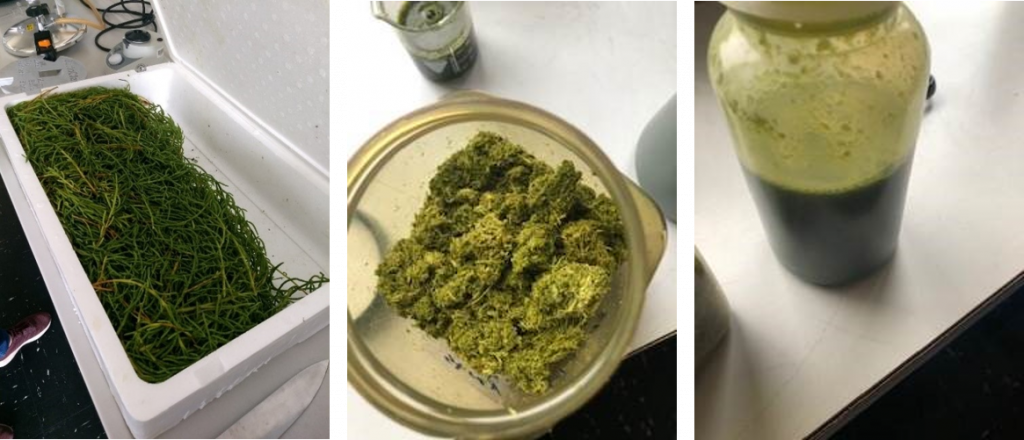
The AQUACOMBINE biorefinery plant at AAU
As part of the H2020 project AQUA-COMBINE, AAU has in 2020 build Phase 1 of the demonstration plant for processing of halophyte biomass (e.g. Salicornia) into bioactive extracts (for cosmetics and functional foods), pre-biotic protein and carbohydrates, and biogas. The plant consists of all unit operations needed be able to process and valorise the non-food part of Salicornia, giving added value for Salicornia farmers in a circular manner, where all fractions of the plants are utilised.
Green fractionation and biomass characterization
Work package no. 5 (WP5) focuses on the processing of green and fresh, but not food-grade biomass. Here in Aalborg University (AAU), we have been fractionated and characterized Salicornia ramosissima, Salicornia europaea, Tripolium pannonicum and Crithmum maritimum biomasses grown in the greenhouses of RIASEARCH and Leibniz Universität Hannover (LUH).
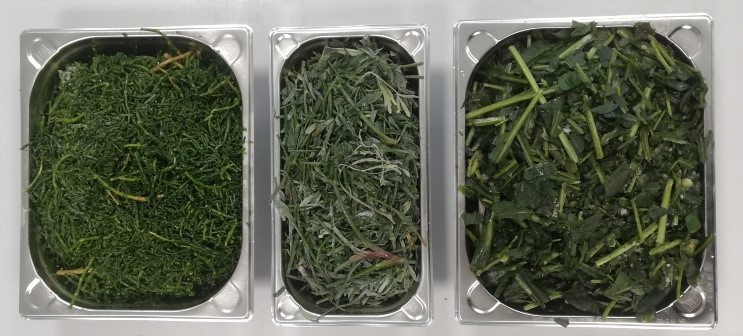
Extraction of lignified halophytes by non-toxic solvent
Using easily scalable methods, suitable for rural area farmers in Europe, AAU has investigated the optimization of extraction of known antioxidants, with quantification of antioxidant capacity and polyphenol content from S. ramosissima.
Thanks to beer we might soon be eating Salicornia!
How we incorporated an old protein measurement method in order to help us in our goal of extracting proteins from salicornia
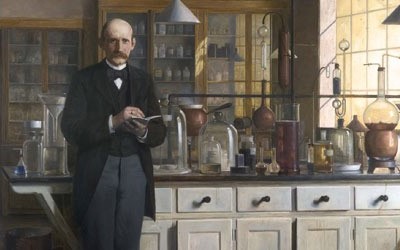
Extraction of lignified halophytes by pressurized fluids
In the framework of the project, CELABOR is developing innovative processes to extract high valuable compounds from mature lignified halophyte crops such as lipids, carotenoids or polyphenols (mainly hydroxycinnamic acids). This first period of work was focused on Salicornia ramossissima grown in the fields of our Portuguese partner RIASEARCH.
Online webinar and tour on aquaculture, biorefinery and modern circular production systems
The previously announced workshop and study tour has been converted into an online webinar to take place on 28 October and includes a virtual study tour. The webinar is free of charge so please see invitation and program by clicking on “read more” to the left.
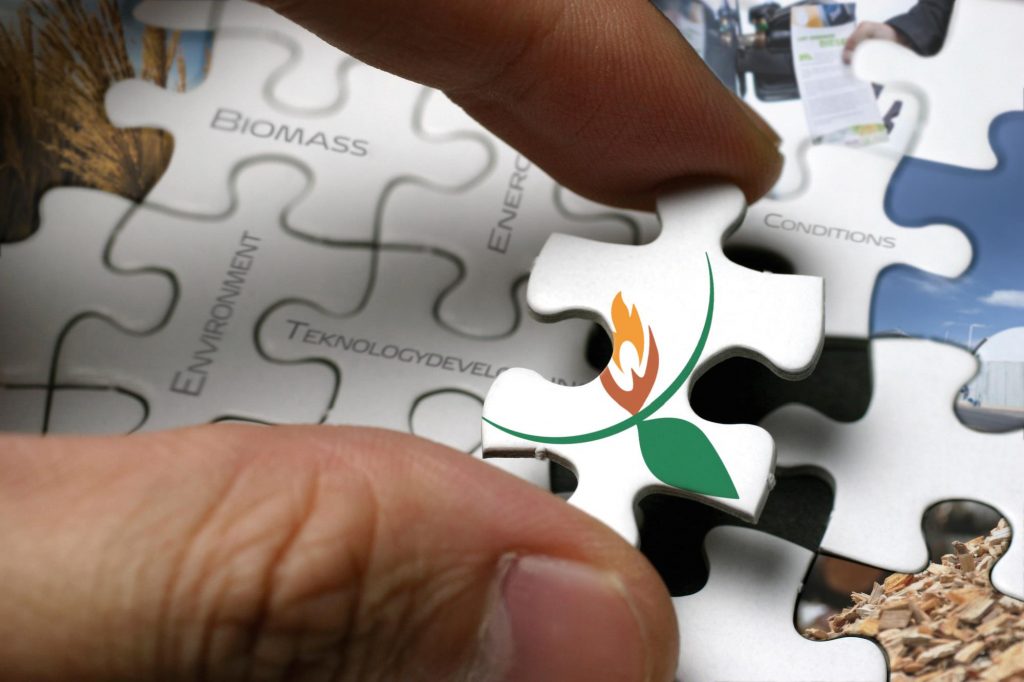
Seminar/workshop/study tour on aquaculture, biorefinery and modertn circular production systems
INBIOM – National Bioresource Network, AAU Energy in Esbjerg, AQUA-COMBINE and GO GRASS H2020 projects invite you to one and a half-day of top scientists and industrial partners sharing their knowledge and expertise about aquaculture, on-shore production loops, and circular economy.
Launch of project website
We are very excited to announce the launch of our newly designed website.
The AQUACOMBINE project is an EU-funded research and innovation project running from 2019 until 2023.
Kick-off meeting
On the 29-30th of October 2019, the AQUACOMBINE project had its kick-off meeting with all 17 partners represented.
All partners presented their institution, involved personnel, their experiences and the role they are going to have in the project.
Acknowledgement
This project has received funding from the European Union’s Horizon 2020 research and innovation programme under Grant Agreement No 862834. Any results of this project reflects only this consortium’s view and the European Commission is not responsible for any use that may be made of the information it contains.


